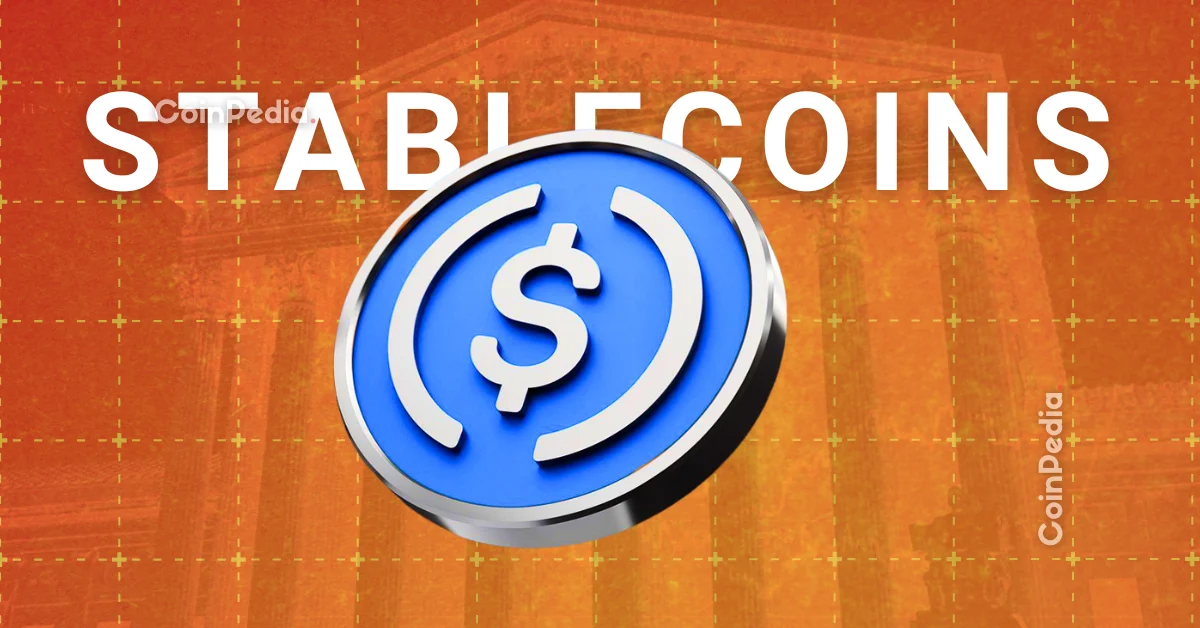
In a groundbreaking move, Bolivia has officially embraced cryptocurrencies, starting with the stablecoin USDT (Tether). After nearly a decade of enforcing one of the strictest anti-crypto stances globally, this Latin American nation is steering toward financial modernization with digital assets.
Bolivia Lifts Crypto Ban After a Decade
Since 2014, Bolivia maintained a rigid ban on cryptocurrencies, citing risks to financial stability. However, in June 2024, the Central Bank of Bolivia (BCB) lifted the ban, authorizing crypto transactions through official electronic channels. This unexpected shift marks a significant milestone for the country’s economy.
The Role of Stablecoins in Bolivia’s Financial Future
Bolivia’s new financial approach begins with stablecoins such as USDT. Unlike volatile assets like Bitcoin, stablecoins are linked to real-world assets, making them a safer option for everyday transactions. The Bolivian government aims to utilize these digital currencies for faster, cheaper, and more reliable payments.
Banks Facilitate Crypto Adoption
Under this revised policy, Bolivian banks will soon offer cryptocurrency accounts and payment cards, enabling citizens to integrate digital assets seamlessly into daily life. Leading the charge is Banco Bisa, one of Bolivia’s largest banks, which has already introduced USDT storage and transfer services, especially for cross-border transactions. This advancement is expected to make international payments quicker and more cost-effective.
A Boom in Crypto Transactions
Banks aren’t the only entities embracing this change—citizens have expressed remarkable enthusiasm. According to reports, crypto transaction volumes in Bolivia have surged over 500% in the last two years, emphasizing a strong public readiness for digital currency adoption.
Bolivia Joins the Latin American Crypto Movement
Bolivia’s embrace of crypto aligns with a broader trend across Latin America. Countries like Brazil and Argentina are already leveraging blockchain innovation to address financial challenges. By following suit, Bolivia not only reforms its financial system but also positions itself as a forward-thinking player in the crypto world.
How to Start Using Crypto in Bolivia
If you’re in Bolivia and eager to explore the benefits of digital payments, platforms like Binance and Coinbase offer user-friendly ways to purchase and trade cryptocurrencies, including USDT. For storing and managing your assets, consider trying the Ledger Nano X, a secure hardware wallet available here.
Looking Ahead
By integrating stablecoins into its financial structure, Bolivia unlocks new opportunities for investment, innovation, and economic progress. As more banks and businesses adapt to this change, Bolivia’s financial ecosystem could see a transformative boost, laying the foundation for a digitally inclusive future.






